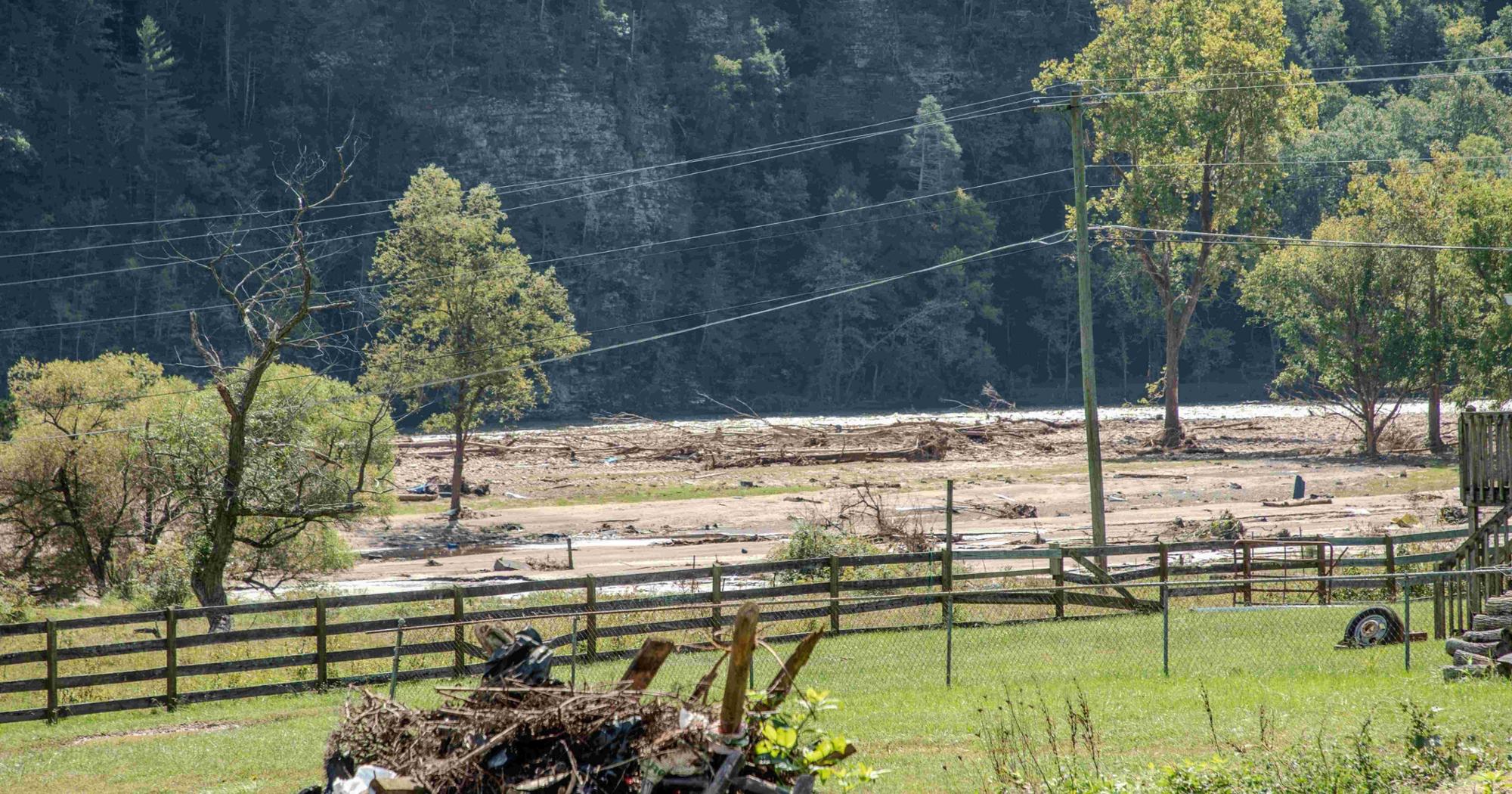Bucs Rebuild Together: Safety in the Aftermath of a Hurricane

East Tennessee State University’s Dr. Randy Wykoff, dean of the College of Public Health, is providing tips for staying safe in the aftermath of a hurricane in the latest edition of “Dr. Wykoff’s Bare Bones Approach to Better Health.”
In the episode, Wykoff shares seven steps for remaining safe after a hurricane, stressing the importance of remaining vigilant for falling debris, avoiding entering damaged structures, proper use of a generator and more.
This essential information is critically important for those in areas of our region who were particularly impacted by Hurricane Helene’s destructive flooding. It follows another episode earlier this week in which Wykoff provided crucial guidance for the many people in our region under a boil water advisory.
To watch the latest edition of “Dr. Wykoff’s Bare Bones Approach to Better Health,” visit here. For more details, visit the Bucs Rebuild Together website.
Video Transcript
Hi, this is Randy Wykoff, the dean of Public Health at East Tennessee State University, and this is your “Bare Bones Approach to Better Health.” Our region is just starting to understand the devastation of the recent hurricane, and while rains have stopped, the danger persists. Here are seven steps to keep safe after the hurricane.
One, be careful walking outside. A small breeze or additional rain could result in more falling limbs, toppled trees, mudslides or downed powerlines.
Two, do not enter houses that have been significantly impacted by high water or mud until you can be sure that they’re structurally safe. Use a flashlight and not candles, and never enter a home if you smell a gas leak.
Three, one of the leading causes of death after a disaster is carbon monoxide poisoning. Never use a portable generator inside a home.
Four, do not drink tap water until you’ve been told it’s OK.
Five, you should be very cautious about driving or even walking in any areas that are underwater.
Six, wild animals, including poisonous snakes, have been displaced by the hurricane and may be in unusual places.
And seven, finally, don’t overexert yourself. Shoveling mud and moving tree limbs
is exhausting work, so please be careful, take care of yourself, and support your
loved ones. And don’t be afraid to ask for help. For more information on this topic,
please go to the College of Public Health website. And until next week, please be
well.
Since its inception in 1911, East Tennessee State University has been committed to improving the quality of life for the people of the region and beyond. Central to this mission is the belief that people come first. Bucs Rebuild Together, the university’s response to the devastation from Hurricane Helene in the region, reflects ETSU’s continuing commitment to support our communities in times of need. Through collaborative efforts, we are dedicated to helping rebuild, embodying our core values of service, excellence, and compassion. Learn more at etsu.edu/response
Stay in Touch
Follow ETSU on Social